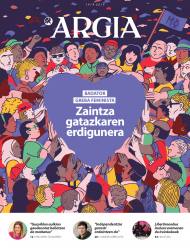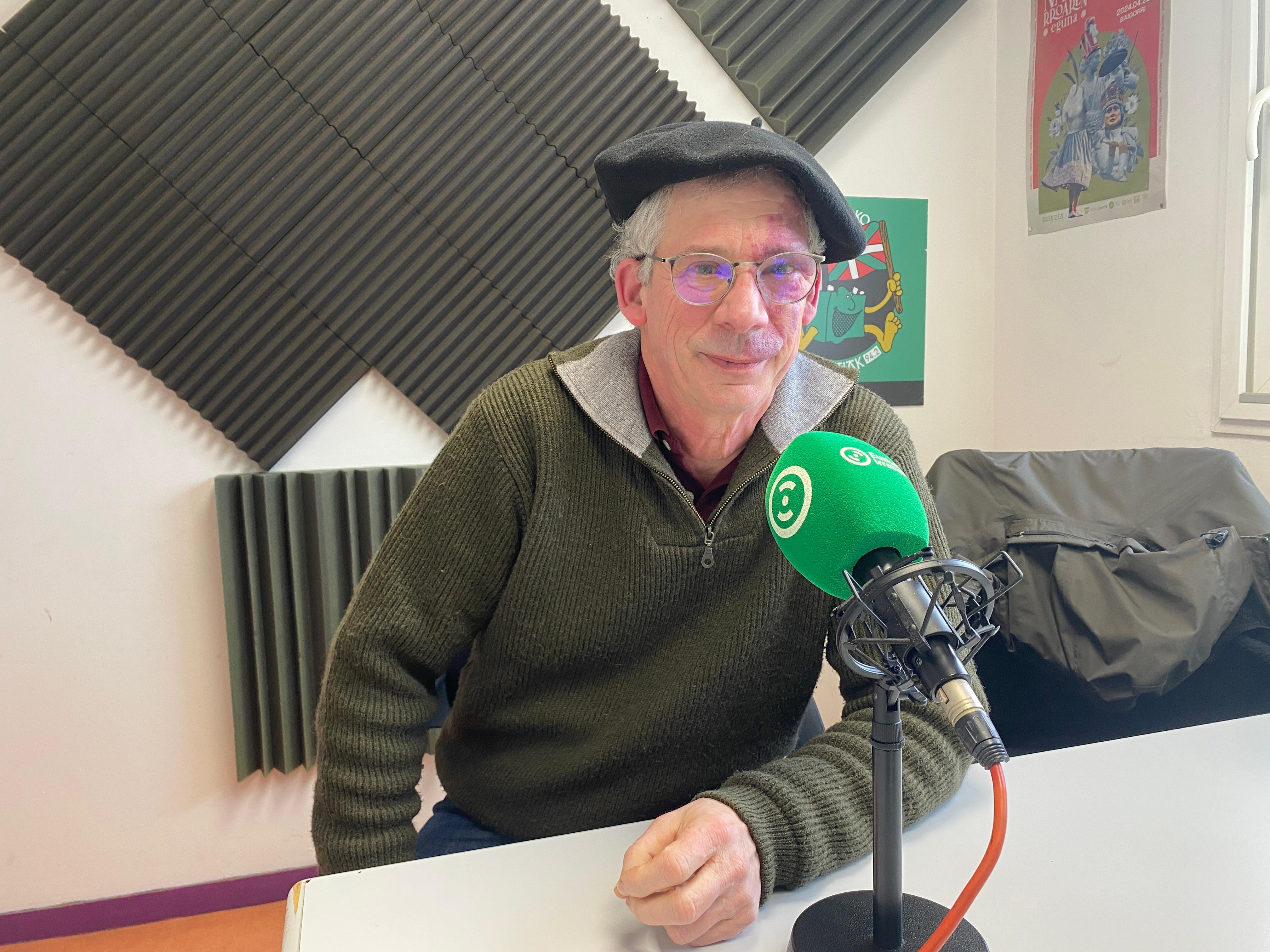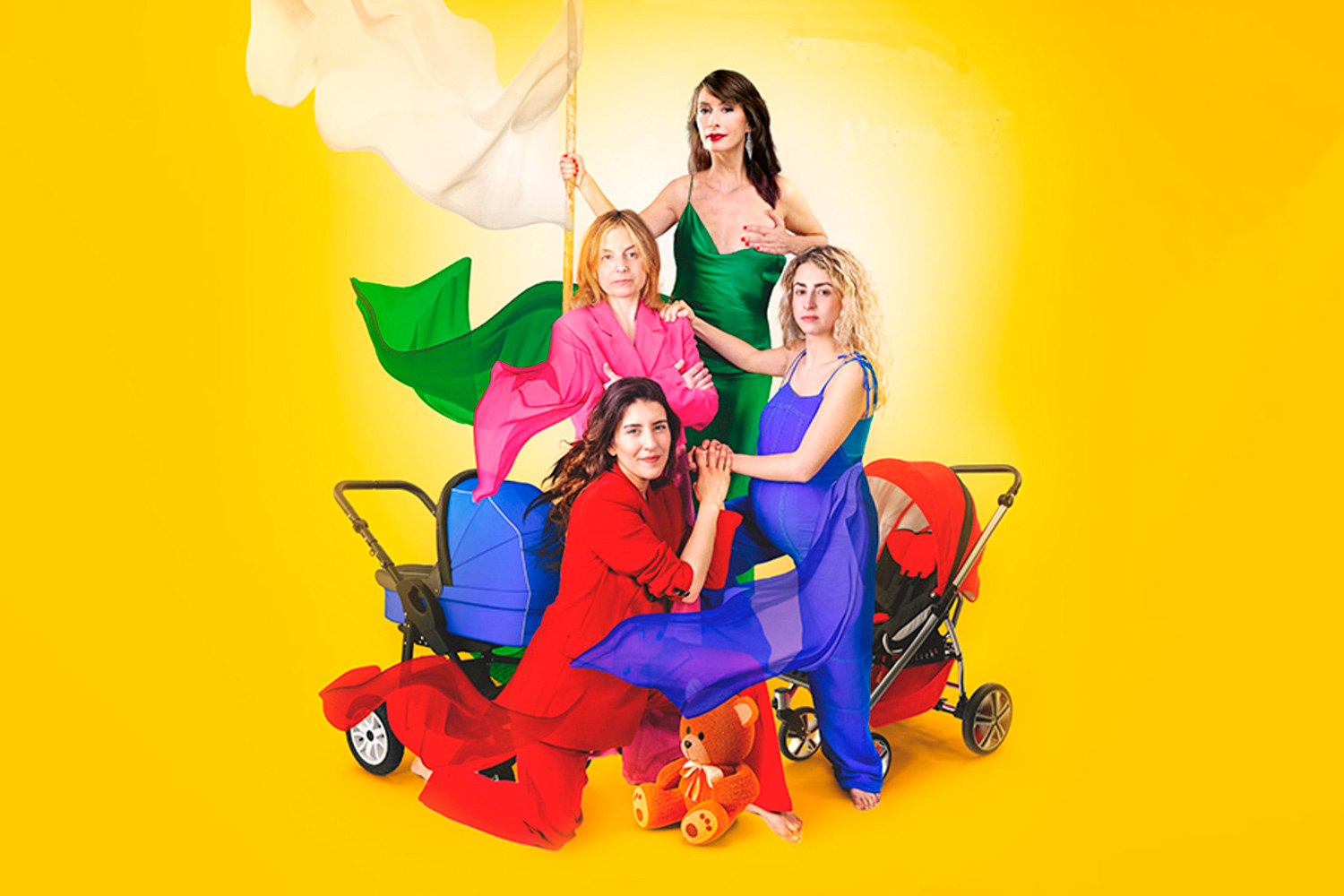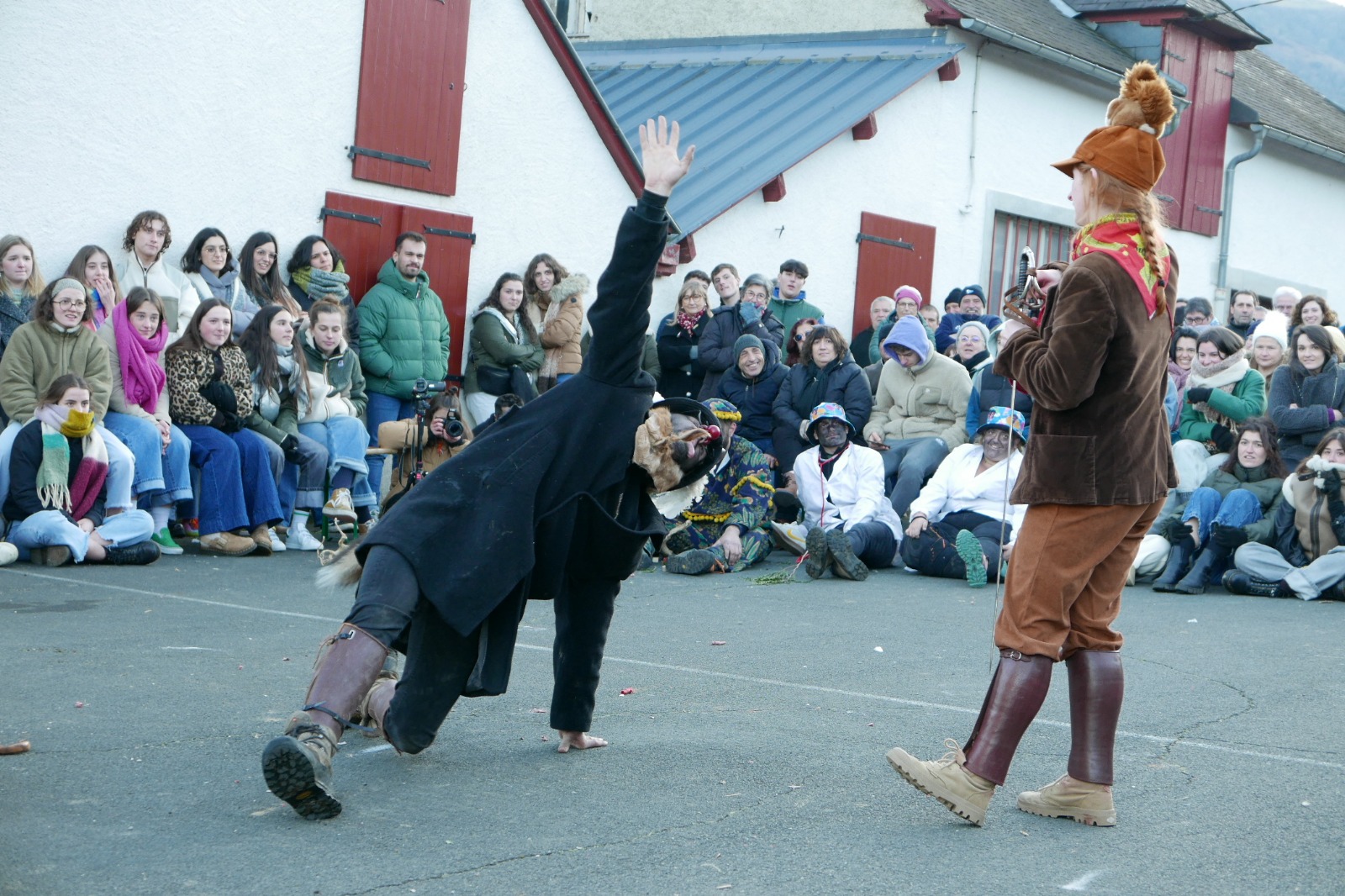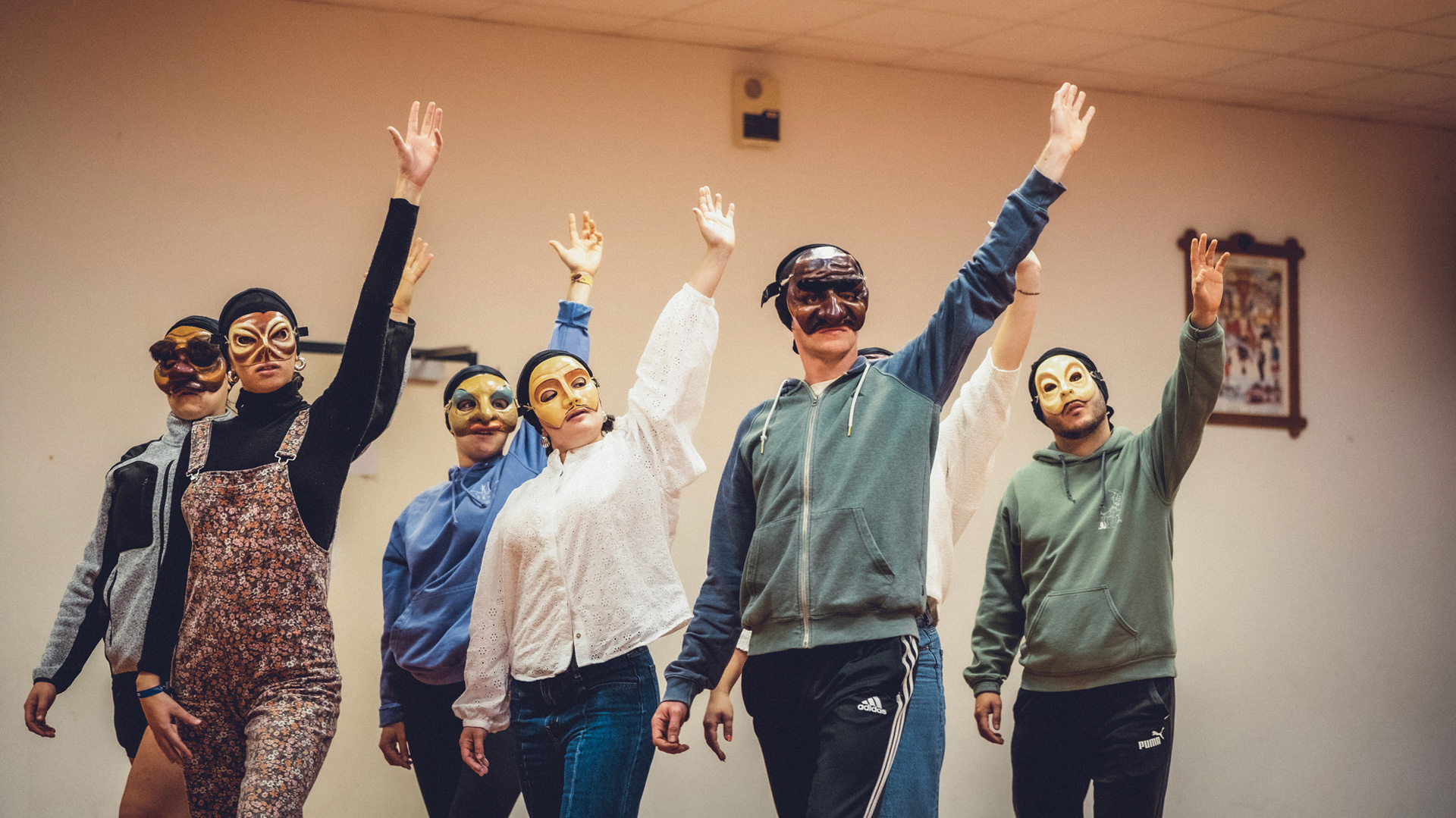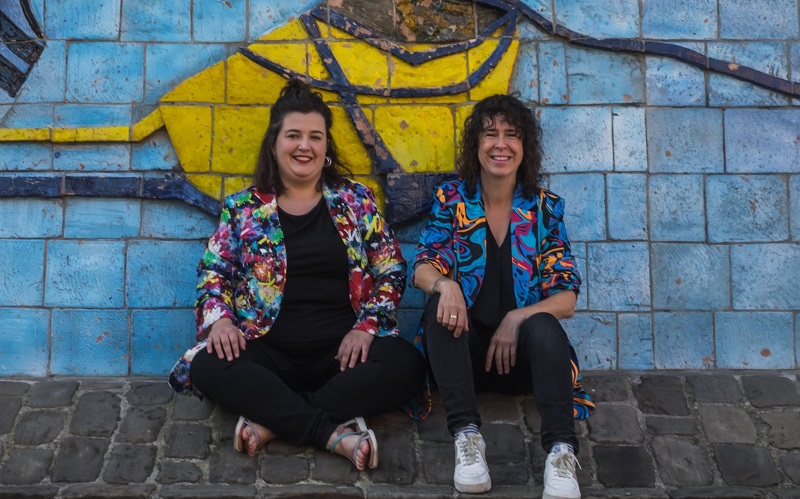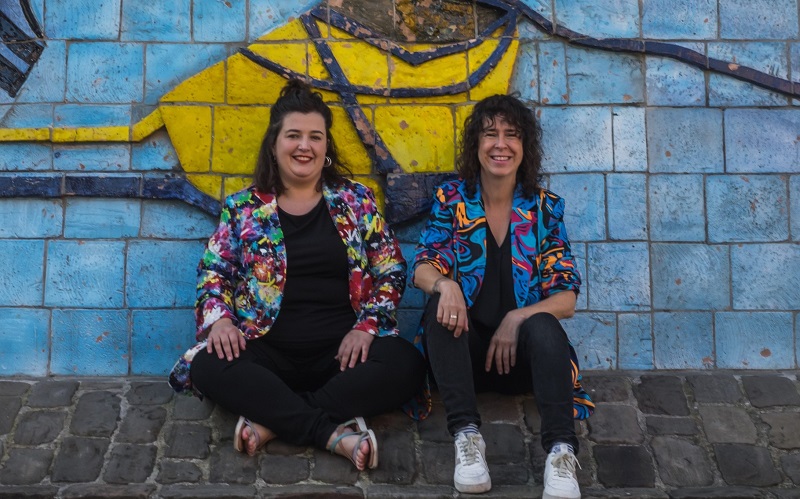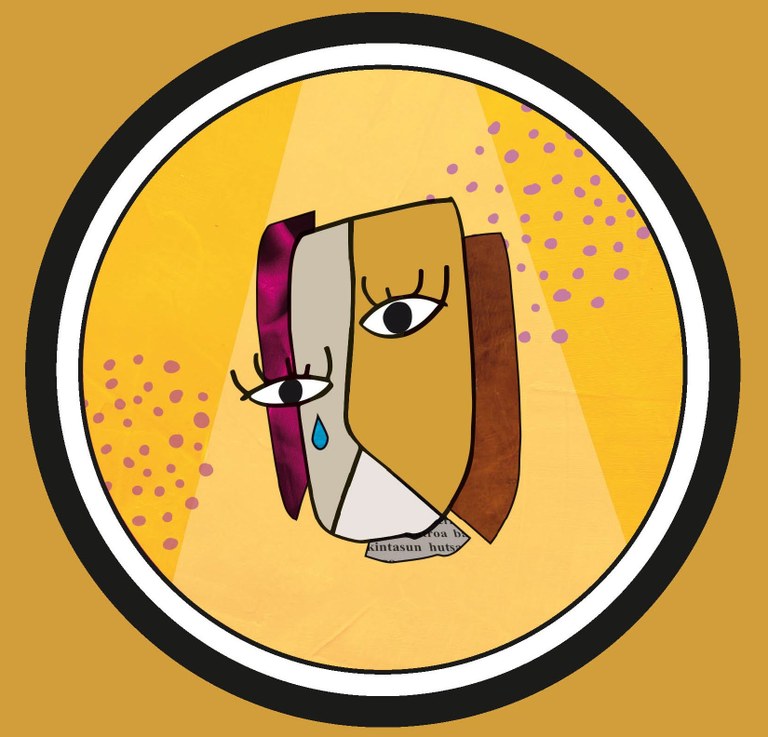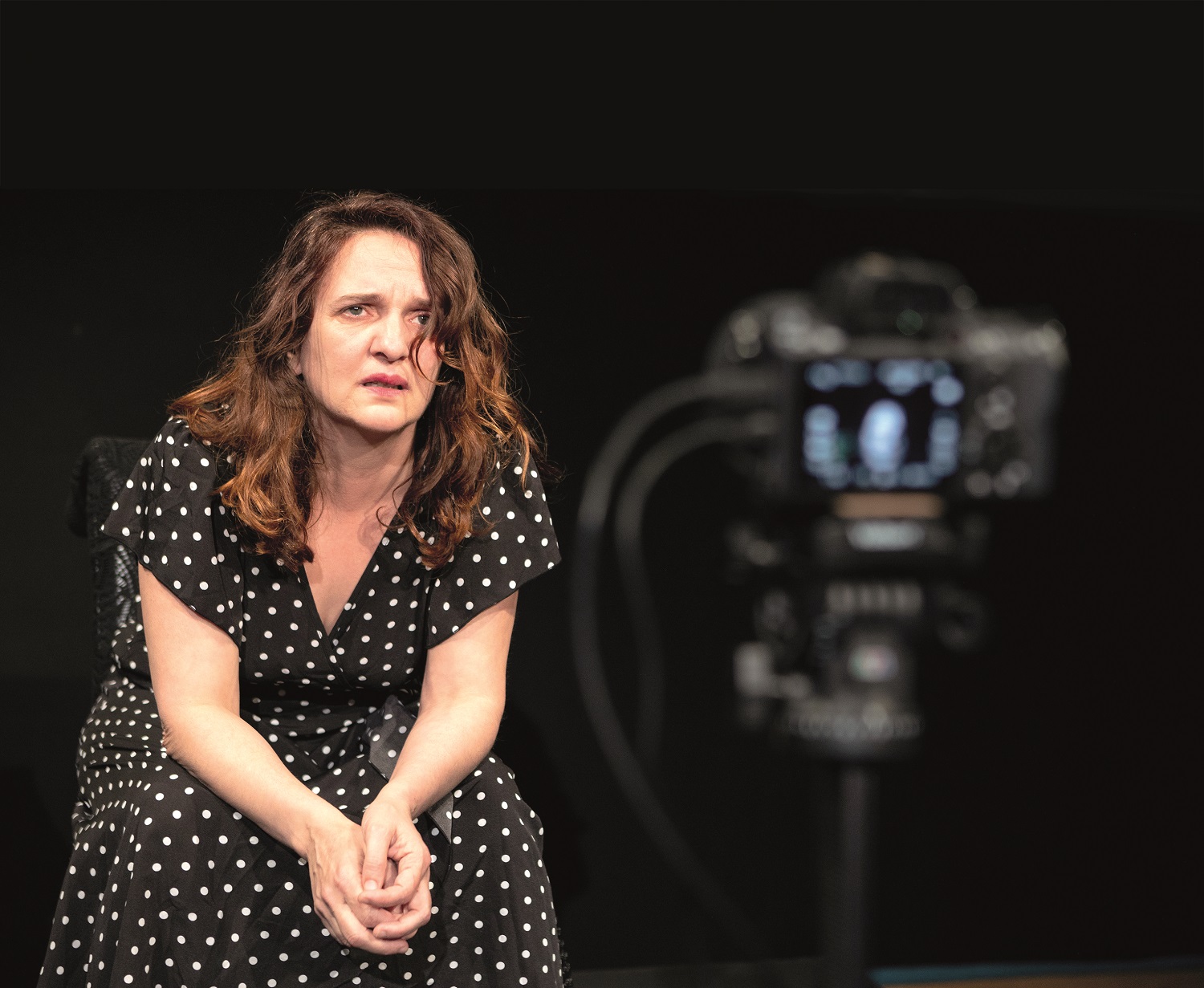The coconut comes back!
- The bug is coconut, bacteria, insect. A stupid, crazy, crazy creature. You're not what's strange, what's different. Or, who looks at you, maybe you are too. The inhabitants of the northern valleys of Navarre called Koko the southern ones: Baztangos a Lantz, Lantz a Odieta... One to another, until you reach the Kokoerri: Pamplona/Iruña.
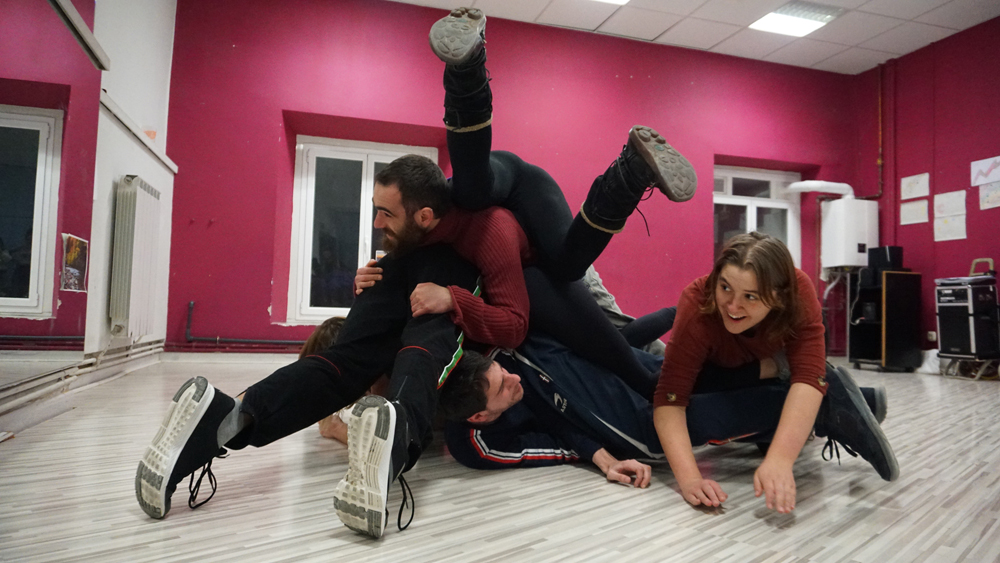
This name has inspired the fun that will take place on March 3 in Pamplona: Iruin's. But why a divertiment in the Casco Viejo de Pamplona? Despite being a carnival from Baxenabarrena, it has often had the ability to cross borders, but on this occasion we must blame the Basque associations in Iruñea. The collaboration between Zaldi Maldia, Euskaldunon Biltoki, Karrikiri and Duguna aroused the idea of adding one more element to carnivals. This is not the first time they have returned from Pamplona to Iparralde, since that is where Bidadores is, the pastoral care with the Basques of Pamplona as a precedent, as well as the relations fed for years. That of Iruin, however, is an initiative that goes beyond those four associations, since a small community has been organized in the preparation of liberation. An Euskaldun community, and especially young people.
One of these young people is Ihitz Iriart Casenave, who has been engaged in logistics in recent months. In her words, the initiative aims to give a new dynamic to the carnivals of the Old Party, created by locals and locals, that seeks to strengthen ties with the local identity and that seeks fun on the same day. In Euskal Herria there are many experiences such as liberations, as theatre and dance have always been very present in the traditions of many peoples, such as the paloteados of the south of Navarra. With this initiative, we wanted to bring this tradition closer to Pamplona, since so far this popular theatre has not had much weight. In Iriarte’s opinion, this year’s proposal can be a good opportunity to bring the Basque to the plaza and turn the carnivals back. In fact, in addition to a satirical review of the year, libertinage makes a wink at the origin of carnivals: questioning power, crossing borders, revolutionizing social order. And that, created by young people in Euskera, for the Basque and for the Basque. A little revolution, after all.
Besides making a satirical review a year, fun makes a wink at the origin of carnivals: questioning power, crossing borders, revolutionizing social order. And that, created by young people in Euskera, from the Basque and for the Basque.
In the assembly of Malaga they have inspired both the diversions and the paloteates, and of course many decisions have been guided by them. Through the initiative, the relationship has also been strengthened with the participants of the fun network of La Baja Navarra: last year they went to see the performances, they have been asked for advice, and they will also come to Pamplona, to see the one of Pamplona and to eat together. However, the idea has not been to take the place and bring it to Pamplona, it does not want to be a mere copy of the games or the paloteados. It has been created through the culture of Pamplona and inspired by Pamplona: they have incarnated their characters and have complemented their gestures with local themes, references and molds, so they have laid the foundations for the establishment of the Pamplona.
Because everything improvised has its work behind it, it's been several months of team-building. The fun has its own structure, four or five uprisings are made and in each one the same pattern is repeated: dance-theatrical. That’s why each group of creators has worked for themselves what should be offered in fun, although we cannot deny that the creative process has created a small community: each one has its role in Iruinkoa, each one has its interests and its limits, but everyone needs mutual fun to work. It looks like a network of relationships in an ecosystem. On one side are the white coconuts, the dancers, who are going to take the square first. They've created new dances of their own for carnival, like the Iruindarra Jump. And to complete the new dance, the music also has to be new. Novel and innovative, as musicians from Pamplona have been turned away from the tradition of dance to ask for help. Although the negotiating process between jazz and jumps has been long, the result will not leave anyone indifferent.
On the other hand, coconut whites inevitably need black crude, clumsy beings who quickly steal the plaza, ask those who come up with contradictions. Black coconuts have strength, agility, passion and, above all, little shame. The writers' team has tried to offer them ideas that they sometimes lack. The writers have given a critical look at what happened during the year and have given them some handles to laugh at oneself, so that black coconuts can do whatever they want with them. They have been together in recent weeks bringing text to action and turning actions into words.
But in addition, the coconuts need friends, a cap that comes with them in any waste, and a team that gives life to the characters of the Kalejira of the morning. But where do you get the costumes of dancers, ask them and all the characters? We are in the Carnival and, of course, we have to crumble. The tailors company has always been loyal to everyone, whether elegant or hardy, because everyone wants to go to the Sunday kibble. There are also those who will be out of this ecosystem until the last moment: the bertsolaris. They will be the voice of the audience that will comment, criticize or praise what is seen after every act of rising up. But they will not be the only ones who will not go to Pamplona without too much information, both white coconuts and black coconuts will have a lot of surprises, because they do not know exactly what others will do.
The Iruin team has set up a community, but the team is not enough to deal with the crisis, but needs a public. Fun is not worth if there is no audience to witness the show, to criticise itself, to suffer the jokes of the bandits and to react. Thus, through Iruinkoa we want to value the importance of participating and participating in the Carnivals. It's not about seeing the audience as a normal viewer, like someone who can sit in a chair or watch a parade. It will be part of all Iruinkoko who will see it, as the interaction will be constant in pasacalles, cutting, acting and food, of course. There are, therefore, sufficient reasons to go to Iruin's.
Vagina Shadow(iko)
Group: The Mud Flowers.
The actors: Araitz Katarain, Janire Arrizabalaga and Izaro Bilbao.
Directed by: by Iraitz Lizarraga.
When: February 2nd.
In which: In the Usurbil Fire Room.
Duela hemeretzi urte berpiztu zen libertimenduen usadioa Donibane Garazin. Antton Lukuk abiatu zuen mugimendu hori, eta bi hamarkadetan, Ipar Euskal Herriko herri desberdinetara ez ezik, Hegoaldera ere hedatu da.
Arizona
Actors: Justin Garfield and Jon Plazaola...
WHEN: January 26th.
IN WHICH: The New Culture Center. In the square.
-------------------------------------------
The couple Margaret (Aitziber Garmendia) and George (Jon Plazaola) leave Idaho to guard the border between... [+]
AMAK
Company: Txalo teatroa.
Created by:Elena Díaz.
Address: Begoña Bilbao.
Actors: Finally, Ibon Gaztañazpi will account for the details of Intza Alkain, Tania Fornieles, Oihana Maritorena and IRAITZ Lizarraga.
When: 10 January.
Where: Auditorio Itsas Etxea... [+]
Basabürüako ibar eskuineko gazteek lehen maskarada arrakastatsua eman dute igandean, Lakarrin.
By:
Mirari Martiarena and Idoia Torrealdai.
When: 6 December.
Where: In the San Agustín cultural center of Durango.
------------------------------------------------------
The fourth wall breaks and interferes directly, standing and fearless. ZtandaP is a way of counting... [+]
By:
Mirari Martiarena and Idoia Torrealdai.
When: 6 December.
Where: In the San Agustín cultural center of Durango.
-------------------------------------------------
The fourth wall breaks and interferes directly, standing and fearless. ZtandaP is a way of counting from... [+]
We're in chaos. That has been said to us by the French media, which Parliament has brought down the government on 4 December. The fear that political, institutional, social, economic chaos will rage us all in the horde of hell comes to our veins. What comedy we're going to play... [+]
Fight and metamorphosis of a woman
By: Eneko Sagardoy and Vito Rogado.
WHEN: 1 December.
WHERE: Serantes Room of Santurtzi.
-----------------------------------------------------------
Immediately after proposing the plan, the person who decided to buy the tickets online... [+]









